Final US mpg rules through 2031 go easy on gas trucks, SUVs
Baua Electric
JUNE 7, 2024
As the International Energy Agency last week underscored, SUVs emit about 20% more CO2 than cars , whether they’re electric or not. Softer on trucks, fewer EVs, and about 38 mpg by 2032 The easing of it all would mean a real-world fleet efficiency average of about 38 mpg, according to the agency—way down from 43.5


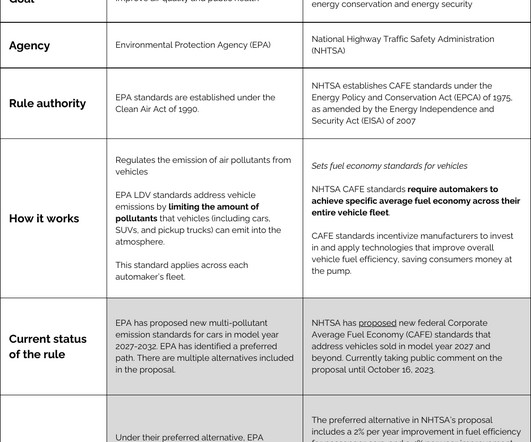





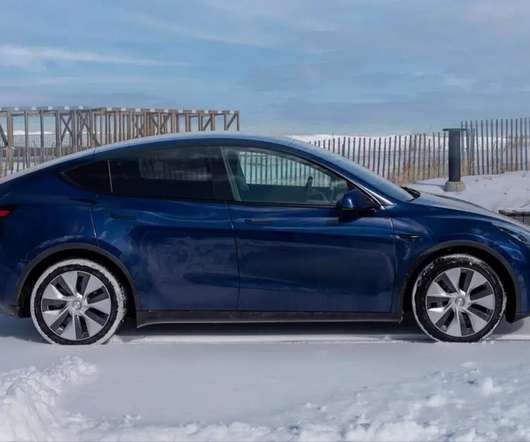

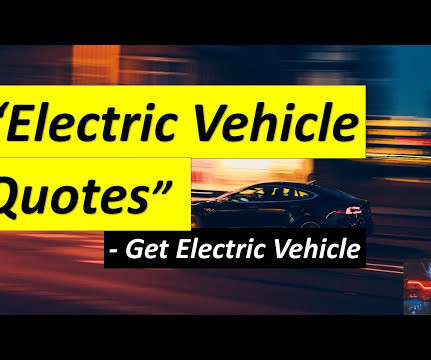






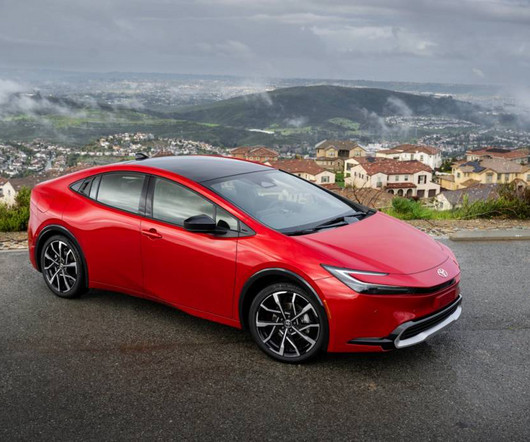





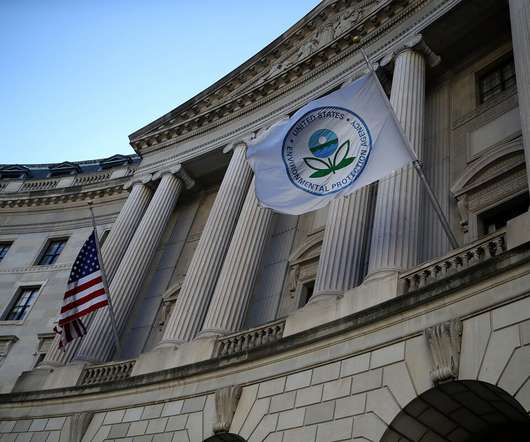
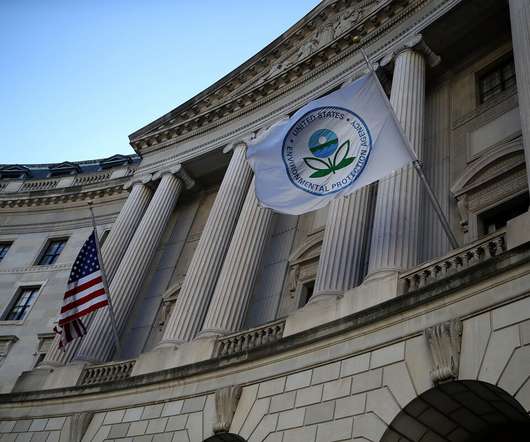






Let's personalize your content